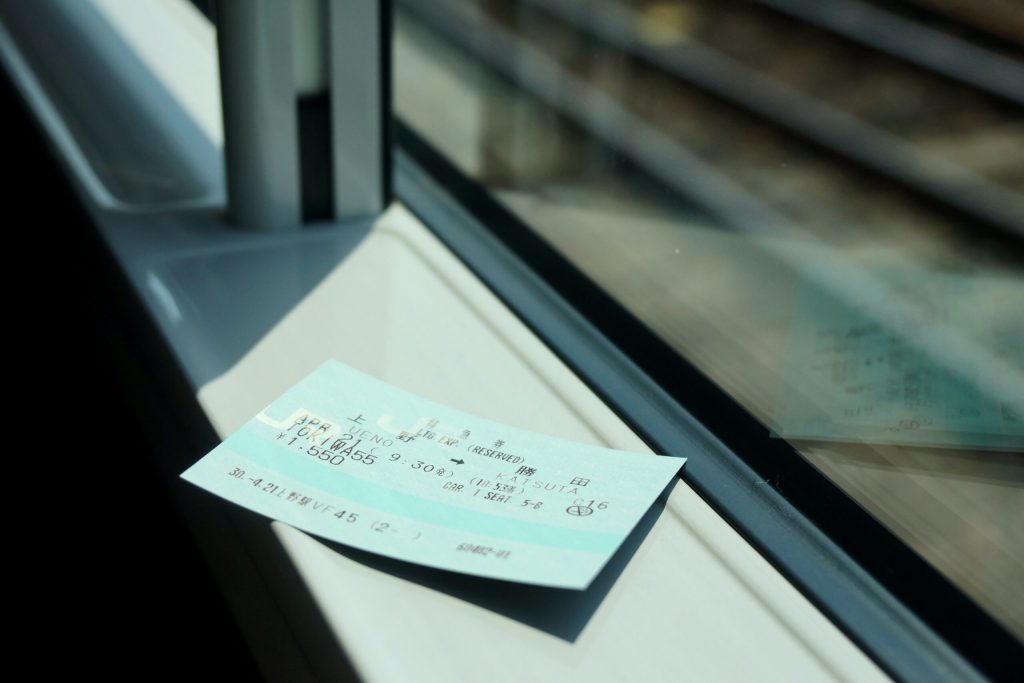If you’re self-employed you will probably have heard about it already, but the Dutch Tax and Customs Administration is set to enforce sanctions regarding false self-employment again, for the first time in 8 years. This causes many self-employed people to worry, because what exactly does this mean and to what extent could it affect your business?
With the growing number of self-employed people in the Netherlands, there’s also an increasing incidence of false self-employment. False self-employment means that someone carries out an assignment under the guise of being a self-employed professional, while actually being an employee of the client instead of working for his or her own business. The self-employed person is able to enjoy the tax benefits of entrepreneurship, and the client doesn’t have to pay payroll taxes. Win/win, right? Well, for those parties maybe, but it’s also creating an uneven playing field between employees and self-employed people.
Wet DBA (Employment Relationships Deregulation Act)
To combat false self-employment, the Wet DBA (Employment Relationships Deregulation Act) was adopted in 2016. The aim of this act is to provide more guidelines for assessing client-contractor relations. If the client doesn’t comply with the guidelines, this means there’s actually an employer-employee relationship and this has consequences.
There is currently a moratorium on enforcement in force on the Wet DBA. This means that these work relationships can be checked, but that the Dutch Tax and Customs Administration is not allowed to impose fines or additional tax assessments. This is only allowed on the suspicion of malicious intent. As of 1 January 2025, this restriction will expire and the Tax Authorities will fully enforce the Wet DBA.
Assessing work relationships
To determine a work relationship, the main focus is on the way you, as a self-employed person, carry out the work in an organisation, and whether there’s a relationship of authority between you and the client. For example, are you allowed to determine your own working hours? Do you work under a manager or are you free to schedule your work yourself? Would you be allowed to have someone else carry out the assignment? In short: Do you work there as an employee or as a self-employed person or freelancer?
To date, many entrepreneurs used model agreements to record the manner in which an assignment is carried out. These pre-approved work relationships provided more clarity about the responsibilities of both the client and the self-employed person. However, these model agreements are no longer approved by the Dutch Tax and Customs Administration, and therefore no longer provide a solution. Instead of assessing a pre-established work relationship, the Tax Authorities will now assess the actual work activities. This assessment is used to determine whether the assignment was carried out as a self-employed person.
In replacement of the model agreements, an online module has been developed, which allows clients to check whether or not there’s actually an employer-employee relationship. In addition, all current agreements may continue to be used until the expiration date.
False self-employment, what are the consequences?
What if it’s determined that the assignment you worked on was in fact carried out as an employee instead of as a self-employed person? In that case, payroll taxes should have been withheld from your income and your client should have paid them, as would be the case with a normal salary. These taxes will still need to be paid. There’s also a chance that additional tax assessments will be imposed for not reporting these sums on time. These are consequences that mainly pertain to the client. For you as an entrepreneur, it may mean that you are no longer considered an entrepreneur for income tax purposes.
However, for the time being, the Dutch Tax and Customs Administration focuses on checking work relationships based on of audits of clients.
New act provides more clarity
Many people think that the Wet DBA in its current form does not sufficiently indicate in what cases we can speak of false self-employment. That’s why the Dutch government plans to adopt a new Act that should come into action on 1 January 2026: VBAR (Clarification of Assessment of Work Relationships and Legal Presumption Act). This should set a clearer assessment framework for work relationships. The exact content of this law has not yet been established.
In short: As clients and contractors, you are responsible for the correct contract form. Should you have doubts about your situation, the Dutch Tax and Customs Administration offers some guidelines that will give you more insight into your current work relationship. If you think this will affect your income tax you can always contact your bookkeeper.


